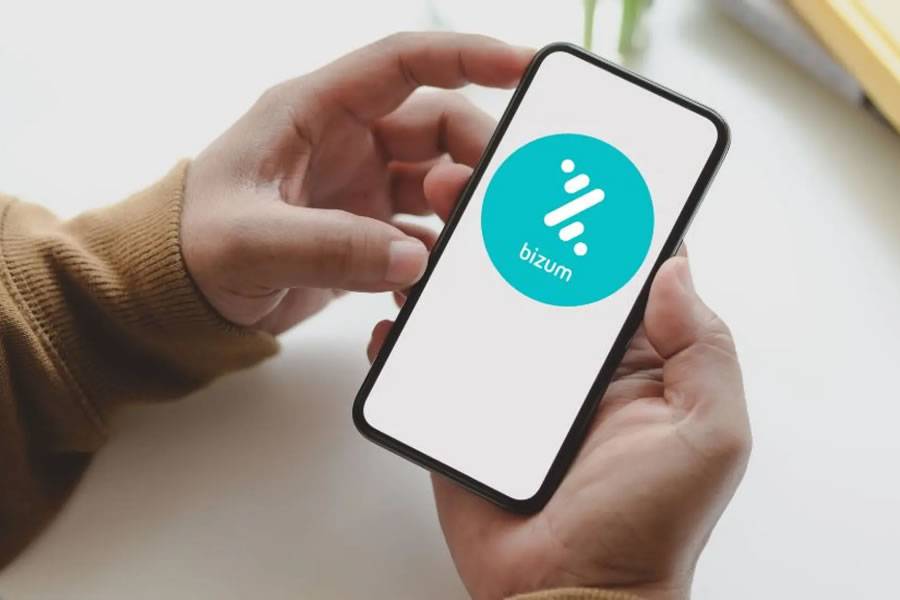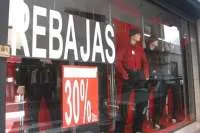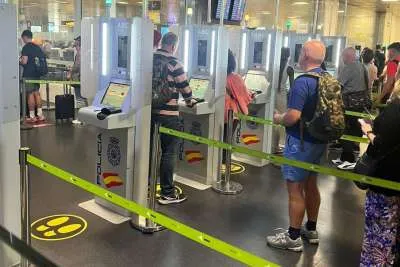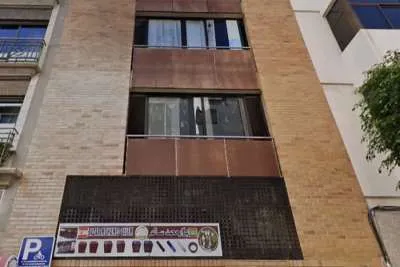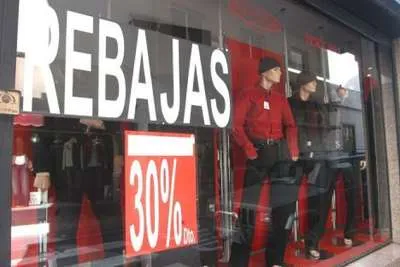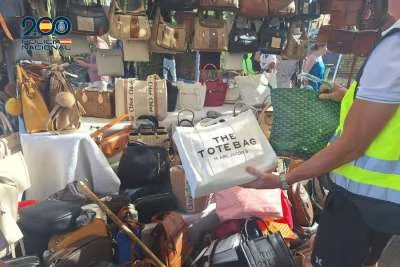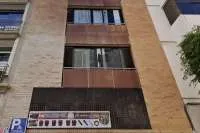Warning issued over new Bizum scam that can drain your bank account
- 23-06-2025
- Business
- Canarian Weekly
- Photo Credit: CW Stock Image
The National Cybersecurity Institute of Spain (INCIBE) has issued an urgent warning about a growing scam involving the popular Bizum payment app that can trick users into unknowingly sending large amounts of money to fraudsters.
The scam, known as “Reverse Bizum”, plays on confusion. Unlike a standard Bizum transaction, where one person sends money to another, in this scam, the criminal sends a payment request instead. If the victim mistakenly accepts the request, money is transferred from their account directly to the scammer.
How the scam works
Often targeting people selling items on second-hand sales platforms, the scam typically starts with a supposed buyer offering to pay a deposit. In one real-life case reported by INCIBE, a woman selling her car online was contacted by a fake buyer who offered to pay €500 upfront via Bizum to reserve the vehicle.
The scammer sent her a payment request disguised as a deposit. Without carefully checking, the seller accepted the request, inadvertently authorising a payment from her own account. The fraudster then attempted to repeat the scam with a higher amount, but the victim realised the error in time and contacted INCIBE’s cybersecurity helpline.
How to spot the scam
INCIBE has outlined several red flags to help users identify potential scams:
- Receiving a Bizum request instead of a direct payment.
- Being contacted by users with no profile history on sales platforms.
- Buyers eager to pay quickly without negotiating or asking many questions.
- Poorly written messages or offers that seem too good to be true.
- Unfamiliar numbers proposing instant transactions.
Tips to protect yourself
To avoid falling victim to reverse Bizum scams, INCIBE advises:
- Always double-check whether you’re receiving money or approving a payment request.
- Verify the identity of the person via a separate communication method, such as a phone call.
- Remember: to receive money through Bizum, you don’t need to take any action, payments arrive automatically.
- Never share personal or banking information with strangers.
- Enable two-factor authentication and set up transaction alerts with your bank.
- Never accept Bizum requests from unknown contacts.
What to do if you’ve been scammed
Because Bizum payments are instant and irreversible, recovering funds can be difficult, but quick action is crucial:
1. Block the scammer’s phone number.
2. Report the fake buyer’s profile on the sales platform.
3. Gather all possible evidence — screenshots, messages, transaction records.
4. File a police report.
5. Notify your bank immediately and file an official complaint.
6. If necessary, take the matter to the Bank of Spain for further assistance.
For advice or help, victims can contact INCIBE’s Cybersecurity Helpline by dialling 017, which also offers support via WhatsApp and other channels.


